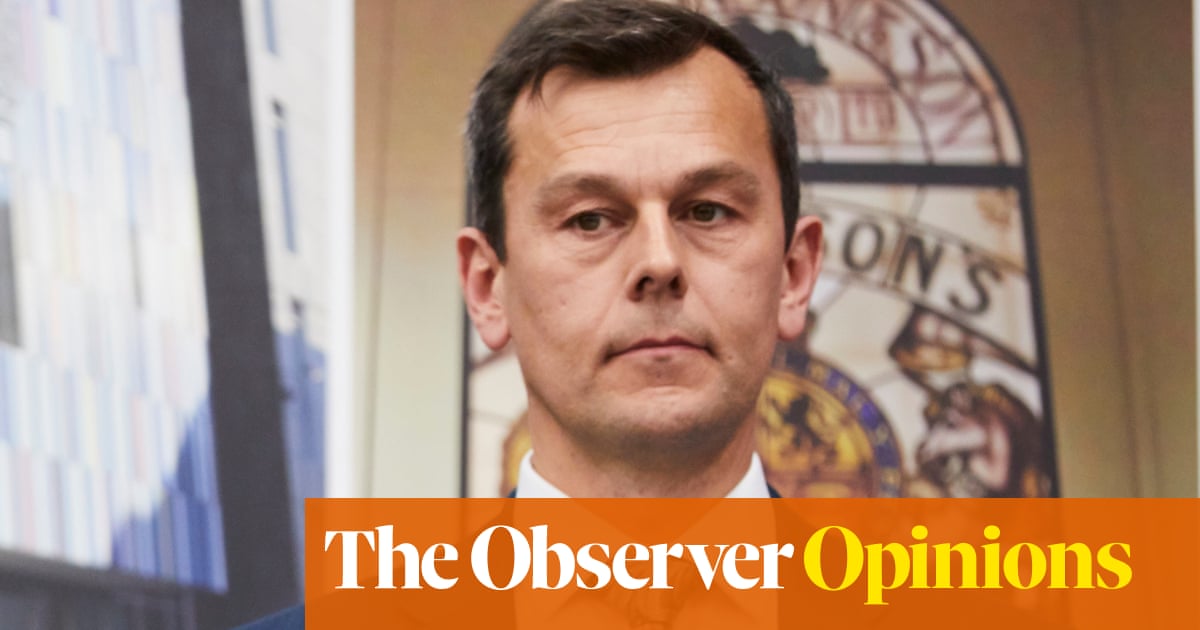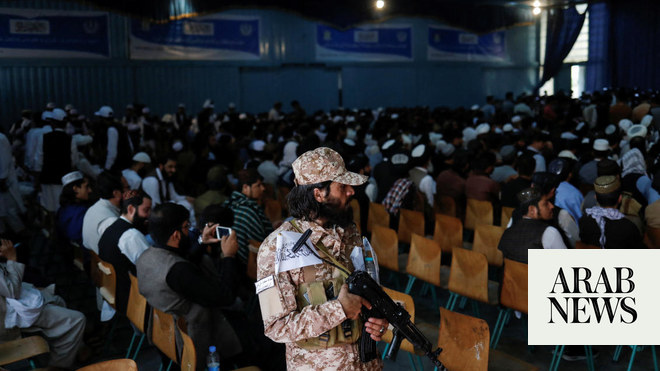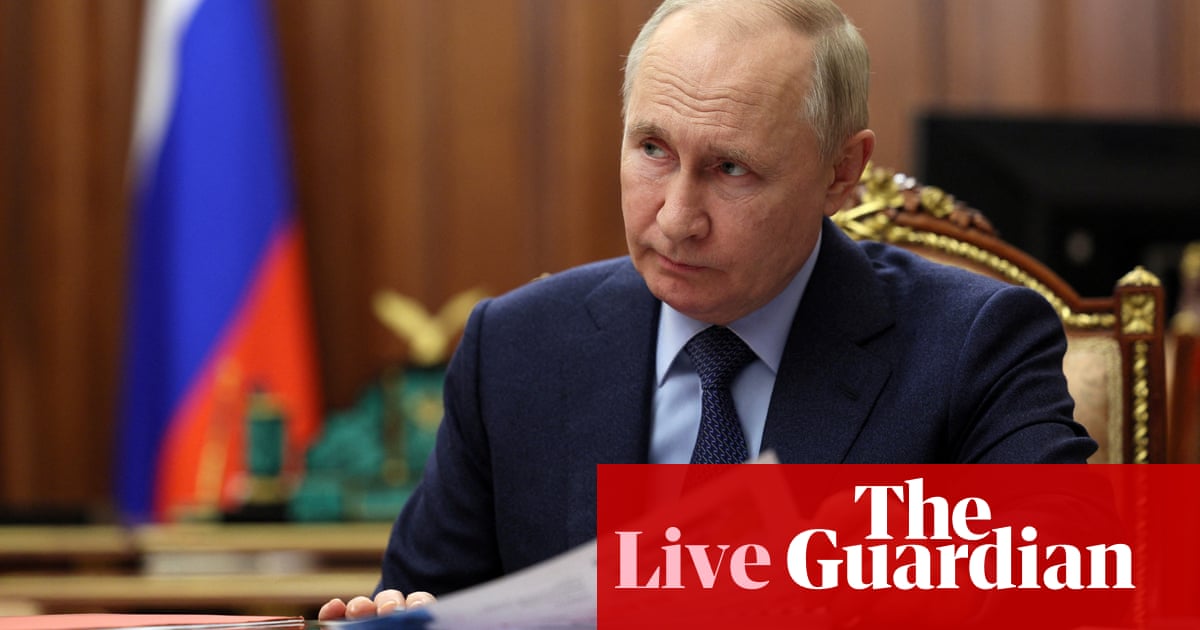
If the history of central and eastern Europe is being rewritten by the conflict in Ukraine, then so is the history of the north Atlantic alliance.
Two people were killed on Tuesday evening in Polish territory, struck, it seems, by a Russian-made missile. The US president, Joe Biden, and the Warsaw government sought to dial down the tension, saying on Wednesday that the missile most probably came not from Russia but from Ukrainian air defence.
The question for Poland, however, remains, as it would for any Nato member state, and especially one living in Russia’s shadow: what if this, or a similar incident, turned out to be a deliberate Russian operation after all? What protection could it expect from the US and its other Nato allies?
Under Article 5 of the Nato treaty, an armed attack on one ally is regarded as an attack on all. But what constitutes an armed attack? And what would Nato solidarity mean in practice? The answer that Poland and other smaller Nato members (as well as the Kremlin) are learning would appear to be “it depends”.
The possibility of a Russian missile landing on Polish soil or on the territory of one of the Baltic states, either by accident or by design, has hung over the Ukraine crisis for nine months. In the disinformation age, one could even imagine Moscow owning up to an “accident” and Russian foreign minister Sergei Lavrov, with a characteristically sinister smile, expressing “regret”.
So at what point does a Nato member get to claim that it needs to invoke Article 5’s protection, as the organisation’s territorial integrity has been violated? Russia has violated Scandinavian – Danish and Swedish – airspace on countless occasions. But Nato’s supposedly impassable red lines appear mutable when nuclear-armed global conflict is at stake.
For the citizens of Poland who now have two dead compatriots, “it depends” begins to sound as if the line between war and peace is being deliberately blurred. In the coming days and weeks, Russia’s immediate neighbourhood will find out what Nato membership and US military support is actually worth.
A forensic investigation into the circumstances of Tuesday’s incident is essential. But the problem remains. The cool heads of diplomats will, we must hope, continue to prevent a dangerous escalation. But don’t be surprised if hot heads in the urban and rural areas bordering Russia react differently. What, they now ask, if another missile strays into Nato territory, killing more civilians?
The collective fear reawakened across eastern Europe by this war is visceral. Our recurring nightmare is of Russian troops and weapons breaching the Polish border again, as they have done many times over the past 300 years. In a survey conducted after Russia invaded Ukraine, 84% of Polish citizens said they were afraid that the war could spill into Poland. “I think about it every day,” one man living on the Polish-Russian border told the Guardian recently. “They could come any time. Kill us in our beds.”
For most eastern Europeans, the war in Ukraine is seen not as a single event but a process of creeping and always escalating Russian aggression. This view reflects a particular fatalism and distrust of our western allies. And while the reaction of the Polish government has been profoundly measured, social media reactions show that many citizens are convinced that the situation has just turned their fears into facts. Anxieties that lives could be lost because of the war, including those living on Polish territory, have now proved tragically justified.
These regional fears translate into an expected outcome of the war. For many Poles, like their neighbours in the Baltic states, there are only two acceptable scenarios in the wake of the Ukraine war. The first is the utter destruction and utter defeat of Putin’s Russia, similar to Germany’s wipeout in 1945. And if this is not an option then they want at least a repeat of 1991, the collapse of the Russian empire. There is no third way.
At Poland’s insistence, Nato will have to deliberate seriously on whether the events of 15 November require active preparations for a decisive military response. A viable missile shield on Nato’s eastern flank will become an absolute priority. The German chancellor Olaf Scholz’s recently proposed shield for more than a dozen European countries is just the beginning. Current events should accelerate an early compromise on the issue. Rather than more sanctions, frontline states will demand that more Nato troops and defence systems are put in place.
What happens next is a test for the west’s resolve in dealing with Russia. A lack of action will be seen once again as betrayal, as leaving the people of Poland in need, as in September 1939, when Soviet troops invaded Poland from the east in partnership with Nazi troops invading from the west. The traumas of our region run deep.
Karolina Wigura is a historian of ideas. Jaroslaw Kuisz is editor-in-chief of the Polish weekly Kultura Liberalna.












